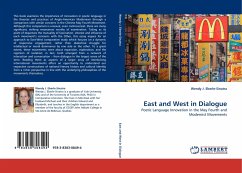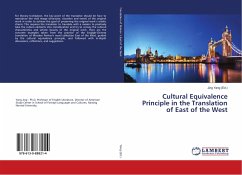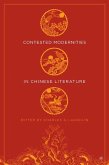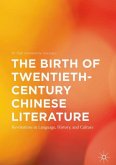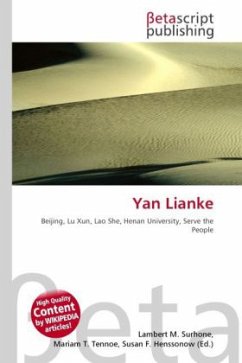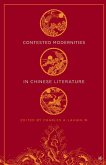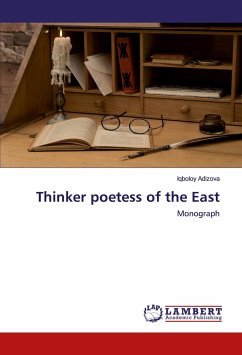This book examines the importance of innovation in poetic language in the theories and practices of Anglo-American Modernism through a comparison with similar concerns in the Chinese May Fourth Movement. Although this comparison is unusual, even controversial, there are many significant, striking resonances worthy of examination. Taking as its point of departure the mutuality of fascination, interest and influence of each movement s concerns with the Other, this essay argues for an approach to East-West comparative study which focuses on a dynamic of responsive engagement, rather than dialectical struggle for intellectual or moral dominance by one side or the other. To a great extent, these movements were about expansion, exploration, and the rejection of isolation; in fact, both emerged from a network of interaction and conversation from dialogue in the largest sense of the term. Reading them as aspects of a larger array of interlocking international movements offers an opportunity to understand our respective constructions of national literary history and cultural identity from a richer perspective in line with the underlying philosophies of the movements themselves.
Bitte wählen Sie Ihr Anliegen aus.
Rechnungen
Retourenschein anfordern
Bestellstatus
Storno

